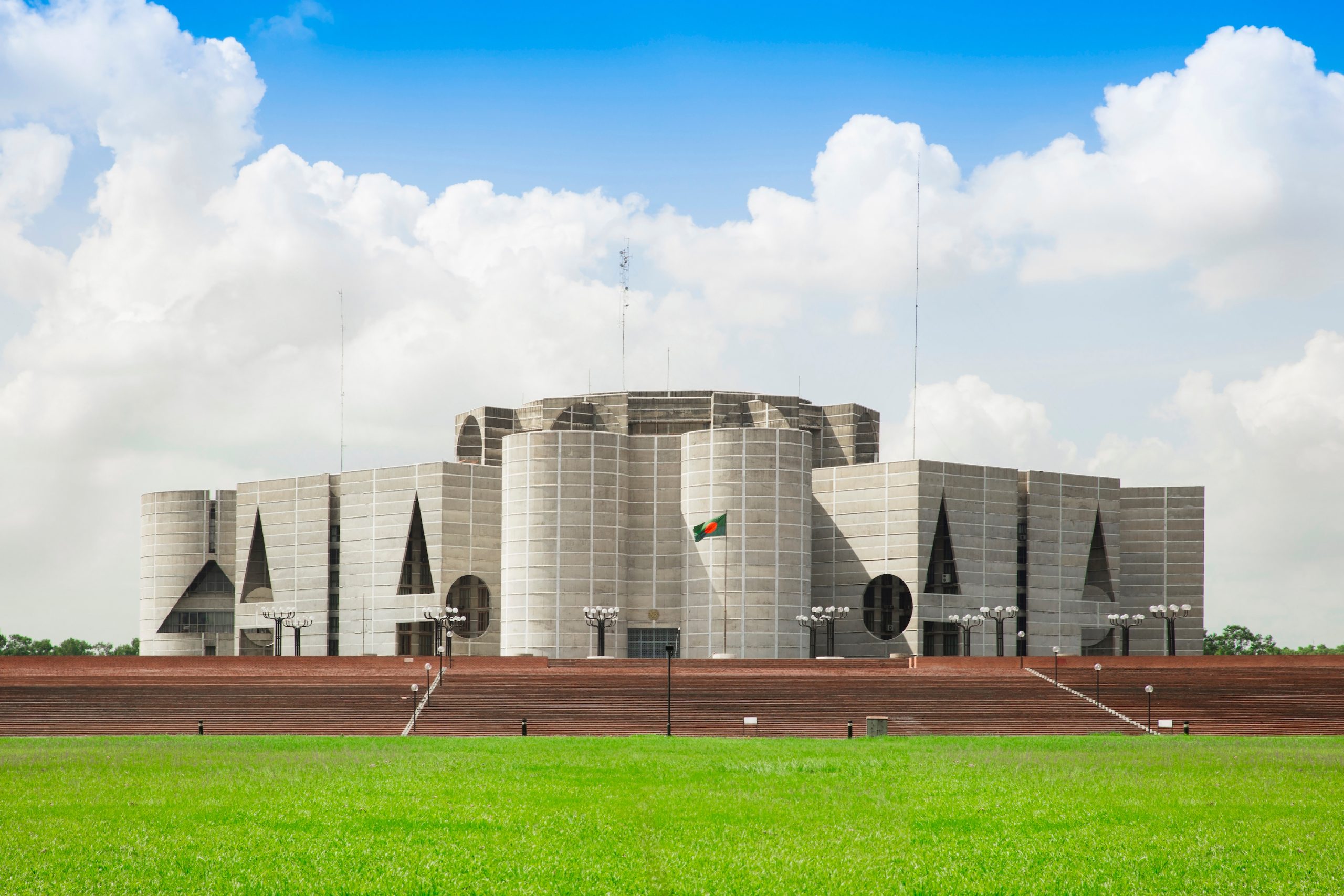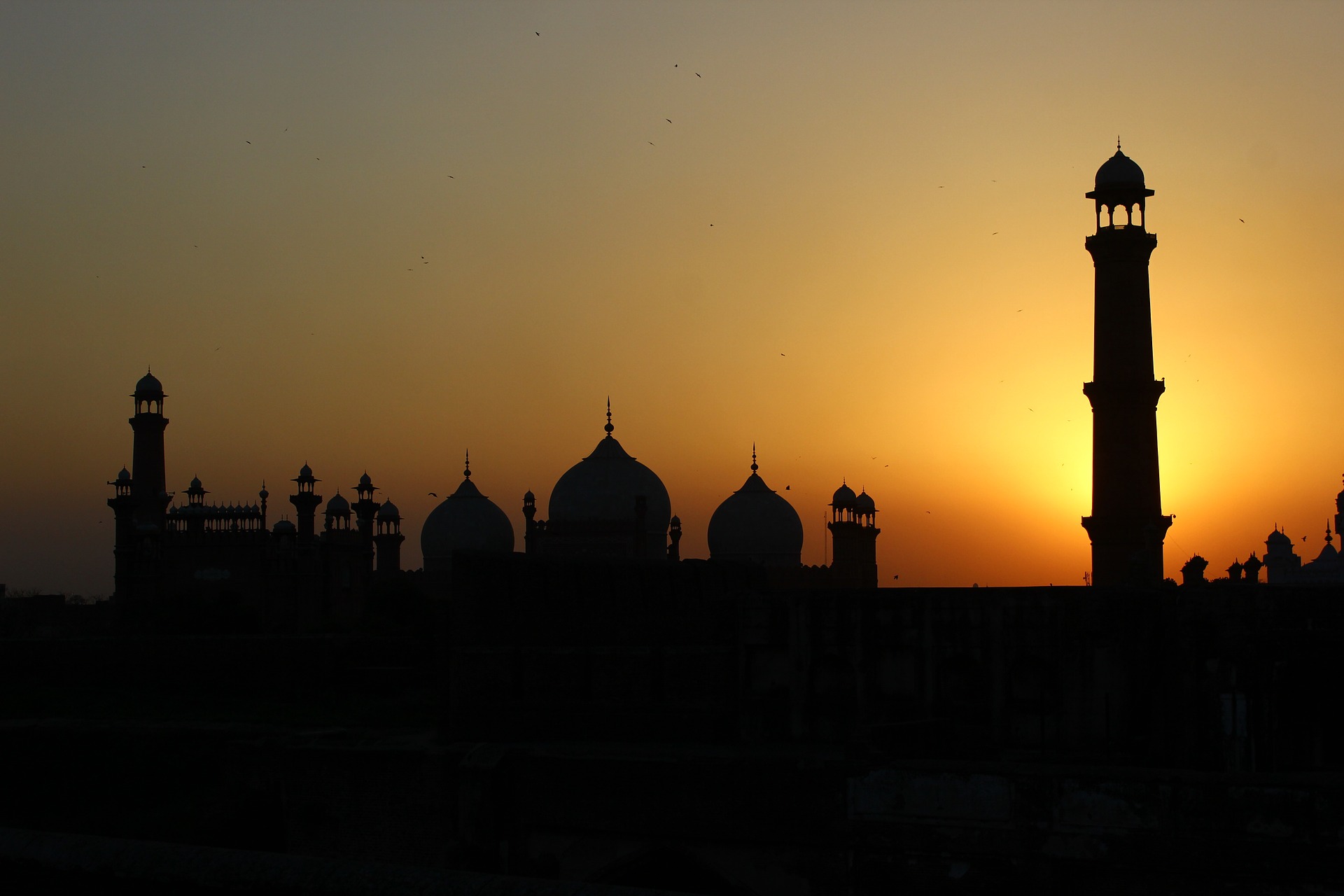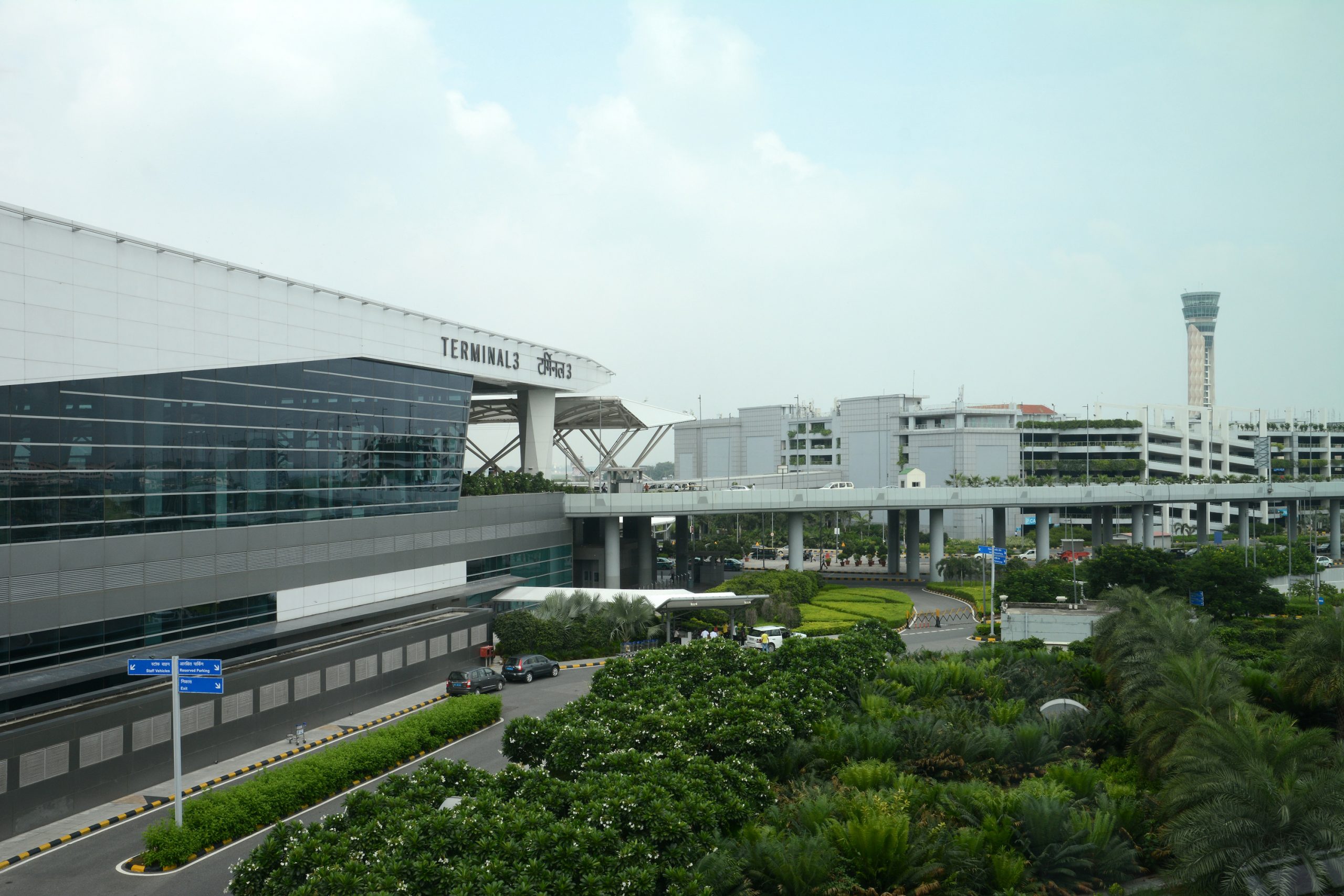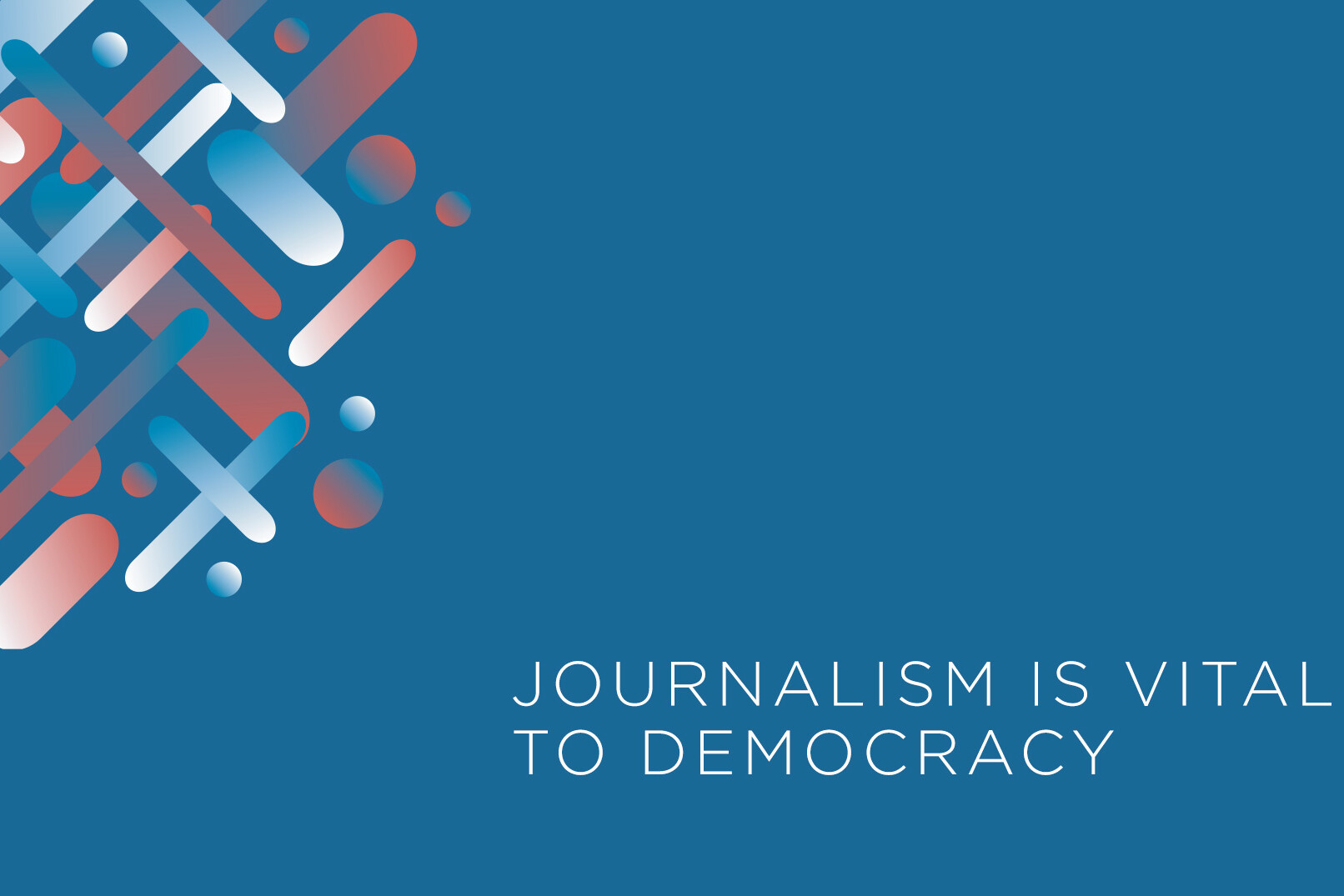Bangladesh: Proposed regulations leave press freedom in peril
10th June 2022
There are fears proposed legislation exerting strict controls over online posts would present another threat to press freedom, following the oppressive 2018 Digital Security Act.

The government of Bangladesh has been urged to significantly amend proposed new regulations, which some groups fear would pose a serious risk to media freedom. The regulations threaten online platforms with fines and imprisonment for hosting certain types of content.
Two specific aspects of the planned regulation – entitled “The Bangladesh Telecommunication Regulatory Commission Regulation for Digital, Social Media and OTT Platforms” – have caused particular concern. Under the regulation, platforms would be banned from hosting any content which:
(a) Threatens the unity, integrity, defence, security or sovereignty of Bangladesh, friendly relations with foreign States, or public order, or causes incitement to the commission of any cognisable offence or prevents investigation of any offence or is insulting other nation
(b) Is against the liberation war of Bangladesh, spirit of liberation war, father of the nation, national anthem, or national flag
Meanwhile, the regulations have also faced criticism for requiring some platforms to undermine their end-to-end encryption services. The regulations stipulate that intermediaries – such as WhatsApp or Signal – would be forced to “provide information under its control … to the Government or its agency which is lawfully authorized for investigative or protective or cyber security activities, for the purposes of verification of identity.”
Criticism of the proposed regulations
Voice of America quoted the Posts and Telecommunication Minister Mostafa Jabbar, who has defended the proposals as they currently stand. “We have seen how hate speech and misinformation were spread through platforms like Facebook in Bangladesh,” he said. “These social media giants barely comply with our requests when we ask them to take down vicious content. Now we want to make them accountable through our own law.”
“We fear [the regulations] contain provisions which could be used to further intimidate journalists and others eager to express themselves” – Peter Haas, the US Ambassador to Bangladesh
But VOA also reported numerous criticisms from press freedom advocates and civil society groups over the proposals. The Bangladesh Legal Aid and Services Trust said the regulation “will have a chilling effect on freedom of expression” which will “prohibit the creation and dissemination of a wide range of online content on digital and social media” and “impact marginalized communities and dissenting voices.”
In a statement, Transparency International Bangladesh (TIB) said the repercussions for encrypted messaging services would turn Bangladesh “into a surveillance state.”
“The policy only talks about regulation but does not mention any steps to enable an atmosphere where constitutional rights are protected,” TIB’s Director, Dr. Iftekharuzzaman, said. “The legal sections lack proper definitions of many things, and the authority can misuse this to target individuals, which will bring in multifaceted problems for people.”
The draft regulations have also been condemned by other governments. Peter Haas, the US Ambassador to Bangladesh, said, “We fear they contain provisions which could be used to further intimidate journalists and others eager to express themselves.” Mr. Haas made the comments during a World Press Freedom Day event in early May, and was later quoted in the Dhaka Tribune.
The British Deputy High Commissioner to Bangladesh, Javed Patel, said the High Commission would be encouraging the Bangladesh government to engage in “further dialogue with media professionals and the civil society to pave the way for more inclusive and permissive information environment, particularly ahead of the election next year.”
Bangladesh an already hostile environment for the press
In May, the Minister of Law Anisul Huq tried to settle fears about the direction of media freedom in the country. Speaking at an event organised by the Bangladesh Secretariat Reporter’s Forum, Mr. Huq told journalists that the “government did not formulate any act to stop healthy journalism, and will not do it in the future either.”
He pointed to the fact that press freedom is “incorporated” in the constitution of Bangladesh.
But Bangladesh dropped ten places in this year’s World Press Freedom Index, largely due to the passage of the 2018 Digital Security Act (DSA). RSF described the DSA as “one of the world’s most draconian laws for journalists. It permits searches and arrests without any form of warrant, violation of the confidentiality of journalists’ sources for arbitrary reasons, and a sentence of up to 14 years in prison for any journalist who posts content deemed to be ‘negative propaganda against (…) the Father of the Nation,’ namely the current prime minister’s father.”
There has been evidence of the DSA in use to apprehend journalists. In 2020, two editors were sued under the act, in relation to “reports on corruption around relief distribution.” Within just one week in 2020, eight journalists were arrested under the DSA. The Carnegie Endowment for International Peace said the law has created a “culture of fear”. Between 2018 and 2021, over 1,500 cases have been filed under the DSA. Of the 754 cases analysed by the author, a quarter of those accused were journalists. Of the 245 individuals arrested which the author had knowledge about, a fifth were journalists.
Media groups have continued to speak out about the DSA. In early May 2022, the Editors Council – a body comprising newspaper editors – released a statement saying the DSA has “created much obstacles for mass media to work with freedom.” The freedom of expression organisation, ARTICLE 19, has also recently repeated its concerns about the law.
“We are worried about the misuse of the Digital Security Act (DSA) as well as the government’s new plan on formulating new regulations to control social media and the internet just prior to the upcoming next national election,” said Faruq Faisel, the Regional Director of ARTICLE 19 South Asia.
Meanwhile, other upcoming legislative proposals are also provoking concern. Critics fear the Mass Media Bill is not friendly to journalists and Bangladeshi media workers have opposed certain sections of it. Meanwhile, the proposed Data Protection Act has been seen as an overreach by the government.
Journalism and the free press in Bangladesh are under enormous pressure. The government has reportedly recognised that in some cases the DSA has been misused, and reforms could be upcoming. The government needs to act with urgency to undo the damage that has been done on free expression, critical reporting, and public interest journalism in Bangladesh. Meanwhile, it needs to listen to the concerns of the civil society groups and media organisations in Bangladesh about the incoming digital platform regulations and make meaningful revisions to the draft.
Related Posts
12th May 2022
Pakistan: new leadership, renewed promises for media freedom?
As a new government enters power in…
15th February 2022
“Free society cannot exist without free media…” A round-up of the third Global Conference for Media Freedom in Estonia.
PMA CEO Sally-Ann Wilson reports from…
30th September 2021
Brussels Declaration: PMA joins public media and international organisations to call for journalist safety and media freedom
Today, public service media companies…



